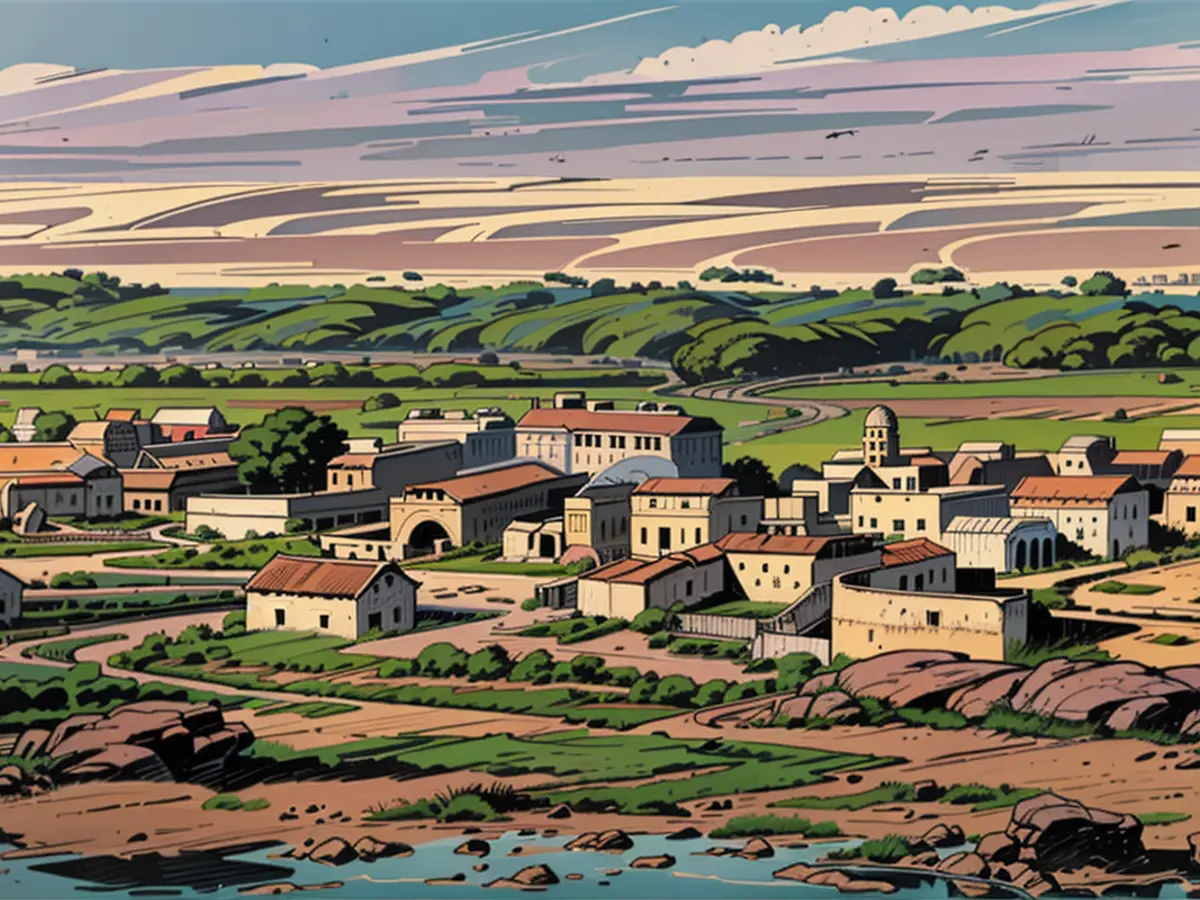International Conference on Crisis Region Sahel in Berlin starts
Despite the challenges, Schulze advocated for further engagement. "It would be forgivable to turn our backs on this region, which has one of the youngest populations in the world, but the political frameworks make cooperation difficult," she explained. This is also in Europe's interest: "The region is one of the poorest in the world and is now a center of terrorism. The consequences of climate change exacerbate the conflicts further."
For the two-day conference, the Minister has invited representatives from the 18 members of the Alliance and the Sahel countries of Mauritania, Mali, Burkina Faso, Niger, and Chad. For the first time, non-governmental organizations from the Sahel have been included in the event. According to the Development Ministry, around 150 participants are expected from over 30 countries and international organizations.
Germany has been heavily involved in the Sahel for years - however, relations with several key states in the region have cooled significantly. The Bundeswehr ended its stabilization mission in the West African Mali last year, and plans to close its airbase in neighboring Niger by the end of August. In these countries, the military has taken power, just as in neighboring Burkina Faso.
The governments of these three crisis-ridden Sahel states have recently distanced themselves further from the West and have turned to Russia. The loss of Germany's presence in the Sahel Region is another setback. Niger, for example, is one of the central transit countries for refugees on their way from Africa to Europe.
At the Sahel Alliance meeting in Berlin, according to Schulze, it will be about "adapting to the new realities." Given the difficult relationships with the regional governments, this could mean "placing even more emphasis on local actors and non-governmental organizations in some countries," the Minister explained. "Every new job, every water pipeline, every healthcare facility, every training center helps deny terrorism a foothold."
In the past five years, the Sahel Alliance has achieved some successes - "despite difficult circumstances," as Schulze's ministry reported. For example, over measures taken by the Sahel Alliance members, 22.5 million people received support for social safety nets and food aid. Around eight million people have better access to drinking water, and more than five million children were vaccinated.
- Svenja Schulze, the German Minister for Foreign Affairs, highlighted the importance of continued engagement with the Sahel region, despite its challenges.
- The Sahel region, noted Schulze, is home to one of the youngest populations in the world, making cooperation complex due to political frameworks.
- Europe's interest lies in the Sahel region, which is not only politically volatile but also a growing center for terrorism.
- For the Berlin conference, Schulze invited representatives from the Alliance and Sahel countries, including Niger, Mali, Burkina Faso, and Chad.
- The inclusion of non-governmental organizations from the Sahel in the conference is a first, aiming to garner a broader perspective.
- Relations between Germany and several key Sahel states have deteriorated, with the military seizing power in countries like Mali and Burkina Faso.
- The governments of these crisis-prone Sahel states have shifted towards Russia, creating a void in the Sahel Region that Germany previously filled.
- In the midst of these challenges, the Sahel Alliance meeting in Berlin will focus on "adapting to new realities," possibly by prioritizing local actors and NGOs to combat instability and terrorism.







